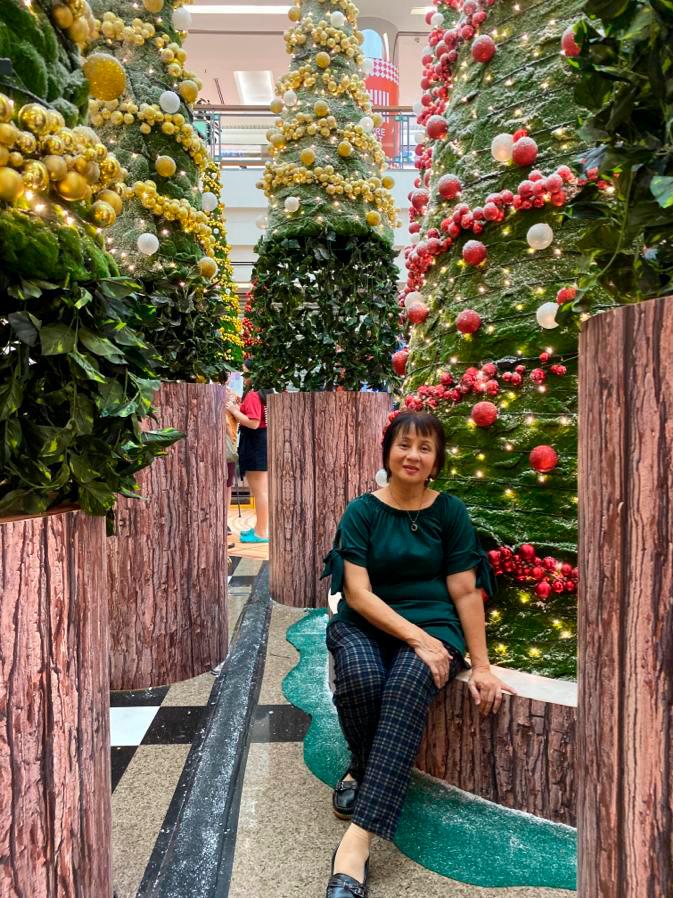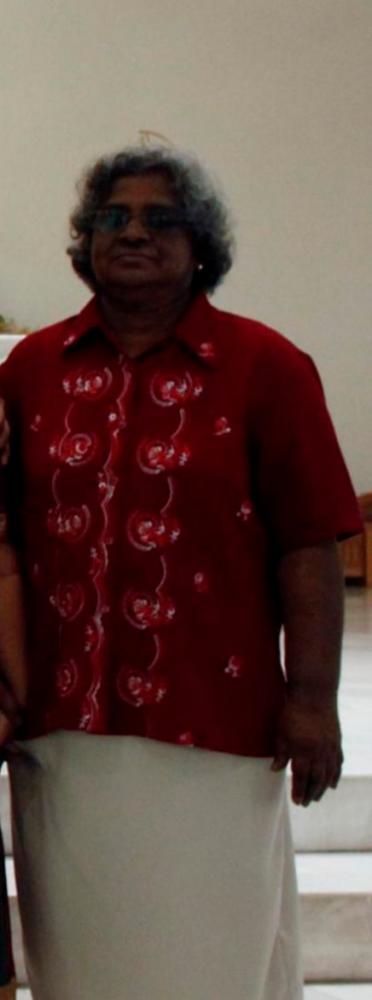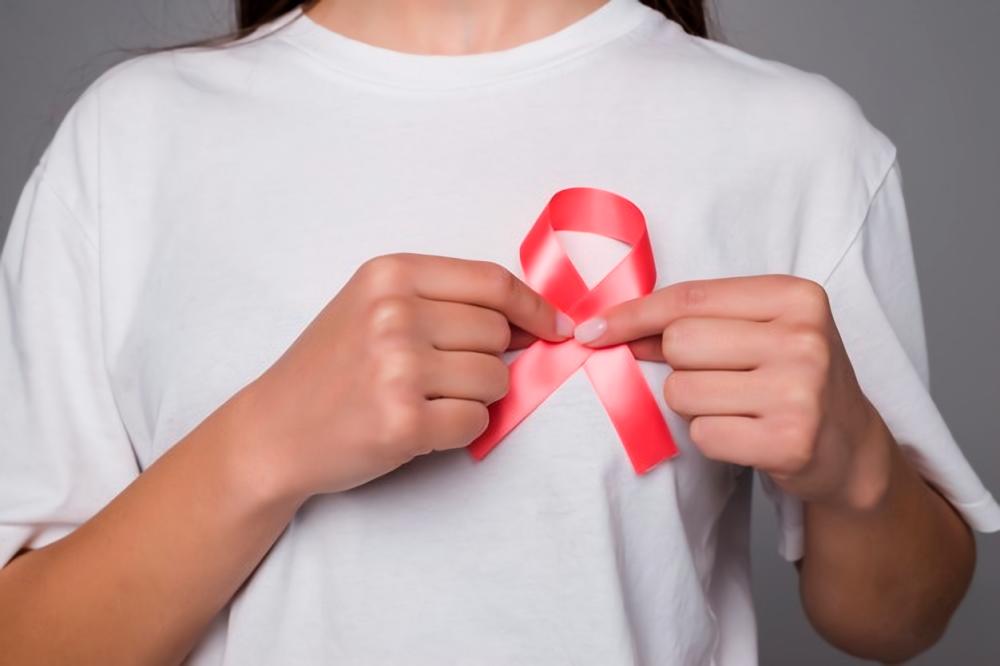BREAST cancer is the most common form of cancer affecting women in Malaysia. About one in 19 Malaysian women is at risk of developing breast cancer in their lifetime. But as with most cancers, early detection and medical intervention can help save lives.
Unfortunately, many local women are unaware of the early signs of breast cancer and that is a problem! In fact, nearly 40% of the new cases that are reported yearly are already in the advanced stages of the disease. This in return decreases the possibilities for a successful treatment.
“Early detection is critical for survival so that prompt referral to diagnosis and proper treatment can be undertaken. When cancer is detected late, it makes treatment difficult and lowers the chances of survival,” said Datuk Poon Ming Fung, the former State Health and People’s Wellbeing Minister in his 2019 speech.
Therefore, learning about the early signs, preventions and treatment options is one of the most effective ways of battling breast cancer. In conjunction with Breast Cancer Awareness Month in October, theSun spoke to three breast cancer survivors to shed light on the importance and insights to the matter.
Vivien Ooi, 48 years old, tuition teacher
“I was diagnosed with breast cancer stage 1 in April 2018. I detected the cancer from my annual medical mammogram checkup as I surprisingly did not feel any pain. I was also the first person in my family to be diagnosed with breast cancer. So, it is important especially for cancer and carcinoma (CA) patients to do self-examination, regular check-ups and follow a healthy diet.
“Also, be diligent in following the doctor’s instructions and do not miss any appointments as they help with recovery. During my cancer journey, I also found it helpful to get support from my family and friends – some of whom were patients previously.
“We were very supportive of each other. We even had a Whatsapp group where we share supportive messages, advice and health tips.

Susan Choy, 71 years old, retiree
“I was diagnosed with breast cancer (stage 2) in 2001. I detected the cancer through self-examination as my shoulders were aching one day. And as soon as it was confirmed, I obediently did the conventional and therapeutic treatment. The conventional treatment included chemo and radiation, whereas the therapeutic treatment (the first two years) included health adjustments.
“For instance, daily detoxification with enema, replenishment with organic fruits and vegetables, and abstinent from sugar, salt and red meat. Therefore, I would advise young women to start adopting healthy lifestyles early on and let go of resentments and stress. I would also recommend the conventional treatment for all women as your bodies are capable of handling it.”

Russlim John, 71 years old, retiree
“I was 56 when I was first diagnosed with third stage breast cancer. One night I felt a terrible pain in my left breast. Despite that, I went to work the next day. Luckily, my boss noticed that I was a bit pale and quickly took me to the hospital when I told her about the pain.
“The surgeon checked and confirmed that I had breast cancer as there was a lump on my left side. He then explained to me about the surgery and told me I needed to do it the next few days. I had to do it because it was too late and the tumour had already burst.
“Fortunately, he successfully cleared the area and removed the lymph nodes out. Hence why I would advise young women to do yearly checkups to detect the cancer early on as it can be anywhere on your body.
“During this time, I received a lot of emotional and financial support from loved ones. I also found refuge through praying to God, which really helped me get through this.”
In this modern era, we now know more than ever about detecting and treating breast cancer. Hence given the modern technologies, there should be no limitations for women to have access to care and screenings. As a matter of fact, breast cancer awareness should be conducted more often.
The statistics and facts concerning breast cancer may be intimidating, but it is crucial to recognised and be informed of the matter. Only then can we have a healthier future without breast cancer.










